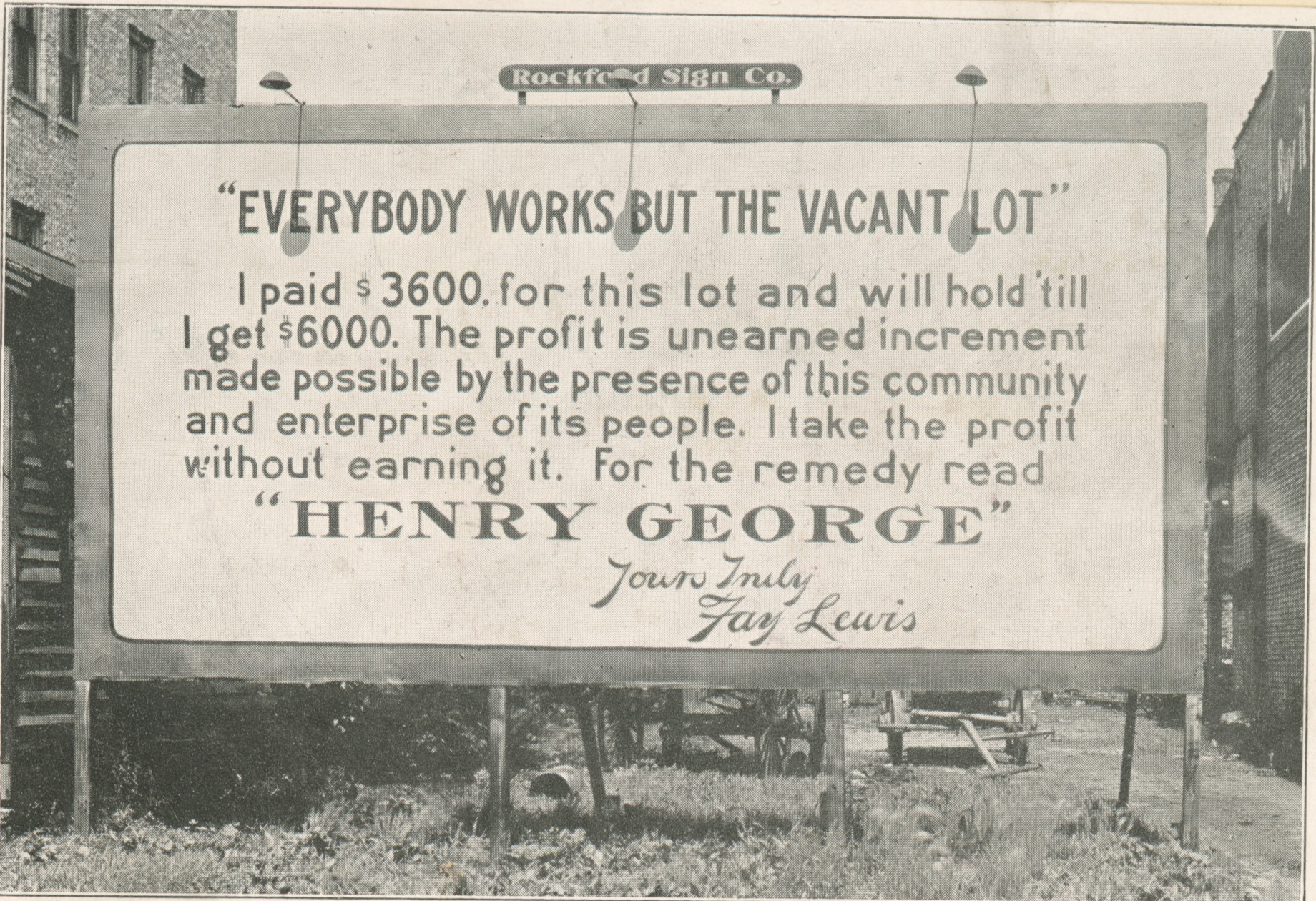Like this article? rabble is reader-supported journalism. Chip in to keep stories like these coming.
British Columbia’s affordability crisis is hurtling toward catastrophe — and our elected officials, with very few exceptions, are intoxicated by their own fantasies.
Back in April Walrus EIC Jonathan Kay penned an editor’s note to accompany Kerry Gold’s outstanding summation of the housing crisis in Vancouver. But where Gold rightfully put the blame on an out-of-control real estate market and reckless speculation, Kay blamed it on that great tyrant of the left, political correctness.
Kay’s commentary was silly, and The Walrus let me say so in kind. But if Kay was misinformed, the recent response from Mayor Gregor Robertson is delusional.
To anyone passingly familiar with municipal politics in Vancouver, Robertson’s apologia reads like a blend of misdirection, sleight-of-hand and outright fantasy. Positioning Vancouver along side “other world-class cities” like New York, San Francisco and London, Robertson cites their common struggle with affordable housing, as if their inequality justifies ours.
He doesn’t mention that less than a generation ago it was not inconceivable for high school teachers to purchase a house in Mount Pleasant. That is, it’s not only the magnitude of the inequality that sets Vancouver apart, but the breathless pace with which we’ve reached it.
The true force of his delusion doesn’t hit you until Robertson — or more likely, his ghostwriter — defends Vancouver against the common charge that it is barrelling toward a culture-less future. Astronomical housing prices, it’s regularly prophesied, will drive out regular families and workers and hollow Vancouver out until it’s nothing but a carved-out playground for jetsetters and wealthy retirees.
“We had Canada’s largest public New Year’s Eve celebration,” he boasts. And “globally revered” food trucks. London and New York have world-class museums, opera, restaurants, music and transit systems — but apparently their mobile fish taco vendors are super jealous.
But worse than world-class fantasies that would make Torontonians blush or fondness for Japadog, is his defence of Vancouver’s economy. I suppose I should be grateful that he’s now calling for speculation and luxury taxes, a new development for Robertson and his party, which is funded to the hilt by real estate developers.
“Global capital” might be a problem, he allows, but Vancouver’s booming tech sector (festooned with those watchwords of eco-capiatlism, “innovation,” “green industry,” “knowledge-based) means everyone is getting paid more too. This is patent rubbish. Speculation is the main driver of the economy in the lower mainland and wages are dismal. Vancouver ranked 28th out of 33 Canadian cities for median household income ($71,140 in 2012). Renters have a median household income of around $41,000 and the median income for individuals is $24,100.
As if to prove this falsehood, today Ian Young published an article in the South China Morning Post that revealed Vancouver’s homeowners made more money simply sitting on their assets than the combined wages of every single working person in the city. By a healthy margin too: $25 billion for minding a patch of dirt compared to $19 billion in actual labour.
It echoed Bing Thom’s comments in this widely shared New Yorker article from February: “By all accounts, I have done pretty well in my business, but I made more money from sitting on my Vancouver property than I made by working an entire lifetime.” This from a world-famous architect with buildings on three continents.
It also reminds me of this postcard, inspired by the ideas of nineteenth-century political economist Henry George, who believed that land and other resources should be commonly held and taxed to recapture its value as a shared inheritance. Another acolyte of George’s invented the game Monopoly in order to show the tyranny of untaxed land rent.
Henry George actually spent some time in Vancouver, trying his luck panning the Fraser River during the gold rush — back before he decided that natural resources and property belonged to everyone in common. His dismal failure as a prospector might have hastened his political conclusions, but nonetheless we live with their truths this very day: everybody works but the vacant lot, but the vacant lot will outearn us all.
Vancouver is built on the stolen and unceded land of the Coast Salish first nations. Its money came first from Canada’s lumber and coal barons as they plundered British Columbia’s resources; and now from global mining corporations guilty of some of the worst human rights abuses at home and abroad. Rampant and unfettered real estate specualtion pushes lifetime residents from their homes and families — like mine — are fleeing the city in drove as schools close and rental properties evaporate.
If you are lucky enough to be able to buy a piece of this stolen wealth from its new owners, you never need to work a day in your life to make more than most Canadians.
To quote Jonathan Kay, “This is not how a healthy real-estate market works. This is not how a healthy society works.”
Both Kay and Robertson may be equally wrong when it comes to the reasons for Vancouver’s housing crisis, but at least one of them acknowledges the problem is real, it’s massive, and it is not going away no matter how many food trucks we welcome into Robson Square.
Like this article? rabble is reader-supported journalism. Chip in to keep stories like these coming.
Photo: The New York Public Library



